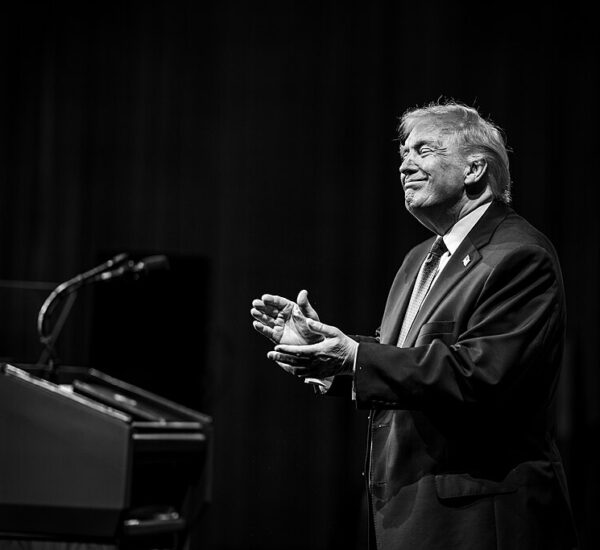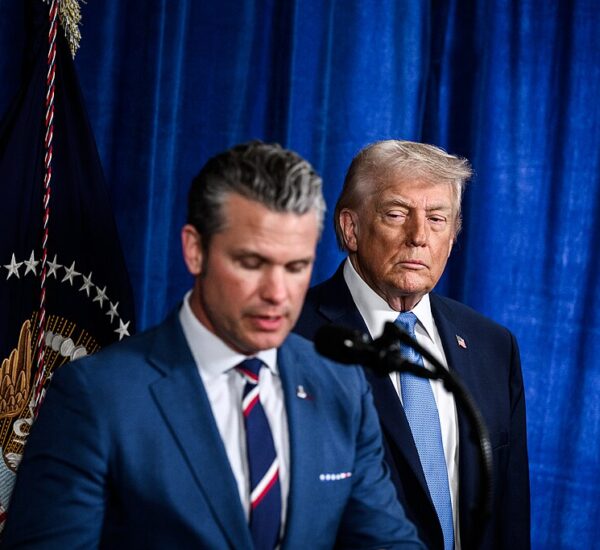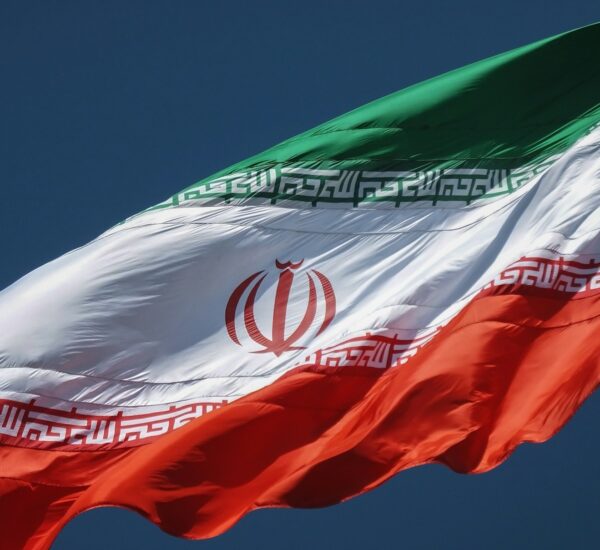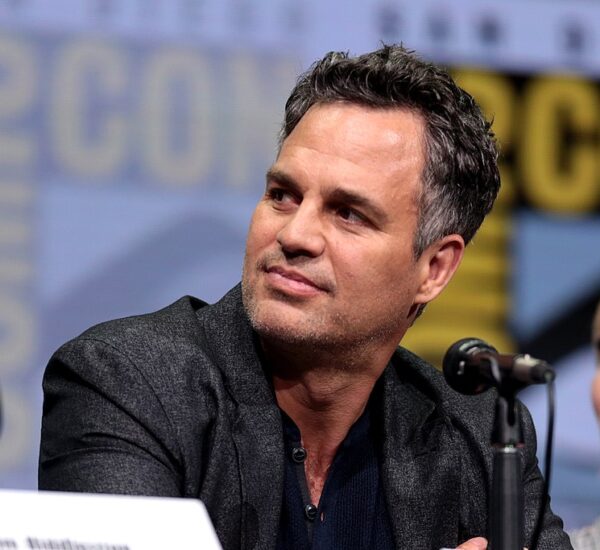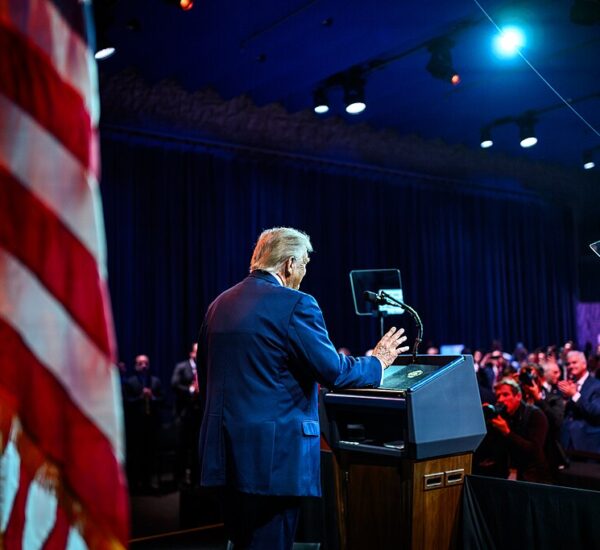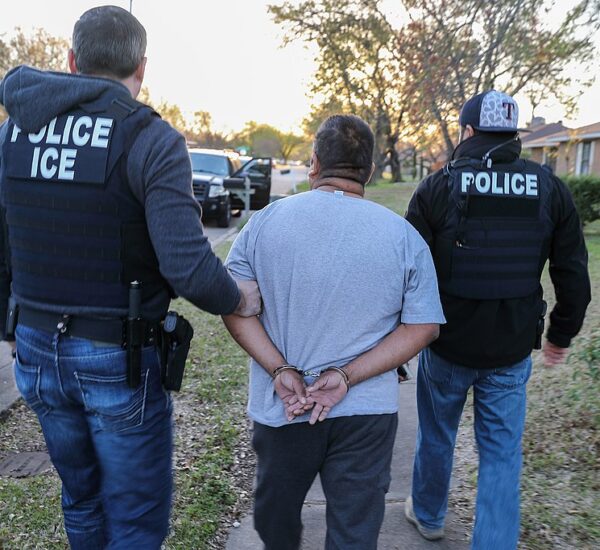Mel Gibson Breaks Silence About LA Fire Issue
Actor and director Mel Gibson, along with NewsNation’s Brian Entin, recently joined California first responders on a ride-along to assess the damage caused by the catastrophic wildfires ravaging the Los Angeles area. During the visit, Gibson inquired about the water situation, asking if the firefighters were informed that “the reservoir was empty.” One firefighter responded, explaining that while they initially had sufficient water, their supply ran out “fairly quickly” as the fires intensified. It’s not uncommon for first responders to face water shortages during firefighting efforts, but the firefighter admitted that running out of water so early in the battle was unexpected. Gibson, visibly frustrated, expressed disbelief that no one had warned them.
Despite the challenges, the firefighter assured Gibson and Entin that his team had access to many resources to combat the fires. However, those resources still proved insufficient to contain the devastation. As of the latest reports, at least 25 lives have been lost, with 88,000 people under evacuation orders. The fires have destroyed over 12,000 structures, including homes in the Palisades, Eaton, and Hurst areas.
Gibson, whose own Malibu home was destroyed, described the experience as “devastating” during an interview on Elizabeth Vargas Reports. “It’s emotional,” Gibson said, reflecting on the loss of his personal belongings. “I had my stuff there, and now it’s all in cinders.” The actor learned of the fire while in Austin, Texas, where he was appearing on Joe Rogan’s podcast. Feeling uneasy as he spoke with Rogan, Gibson soon found out that his neighborhood had been consumed by flames.
“When I got home, sure enough, it wasn’t there,” he said. Gibson was taken aback by the scale of the destruction, noting that entire areas were “completely toasted.” Though he isn’t certain if he will rebuild, he expressed gratitude for the outpouring of support from his neighbors and the fact that his family is safe. The fires have served as a stark reminder of the ever-present threat wildfires pose to California communities—and the critical need for preparedness and resources to combat these increasingly severe disasters.

